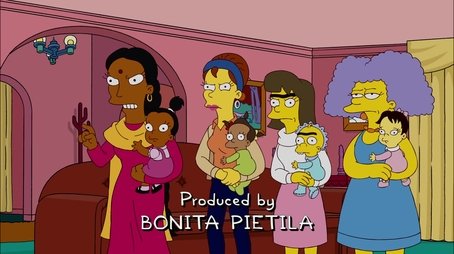
Sorry, we have not watched this yet.

Principal Skinner is getting fed up with Bart's pranks, so he informs Bart that he is not the best prankster after all. A former student named Andy Hamilton is hailed as the best prankster, and Bart sets out on a mission to track Andy down. However, when Bart finds out that Andy is a 19-year-old still in his pranking days, they become fast friends.
Sorry, we have not watched this yet.